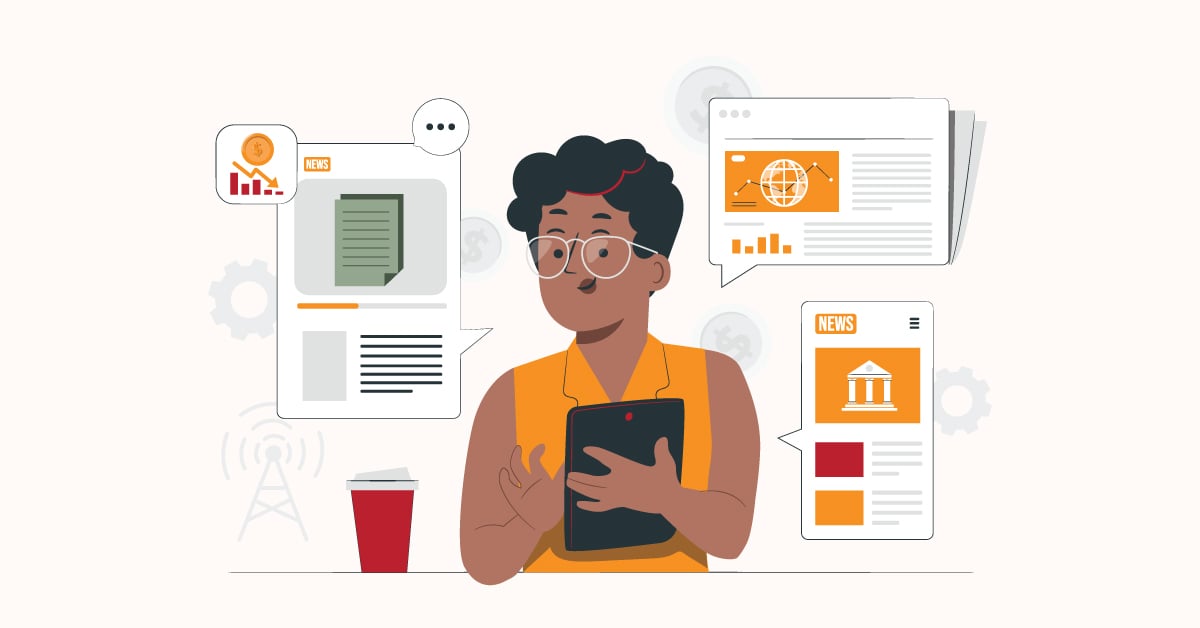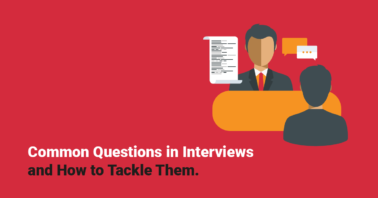In boardrooms and small offices across Uganda, a quiet revolution is underway. Traditional recruitment processes—anchored in paper CVs, manual screenings, and gut-feel judgements—are giving way. Sophisticated, data-driven tools powered by artificial intelligence are taking over.
As connectivity spreads (with internet penetration reaching nearly 25% of the population in early 2023), forward-thinking organizations are beginning to reap benefits. They use AI recruitment platforms, leaving behind the bottlenecks that once defined hiring in our region.
Table of Contents
Reimagining the Hiring Funnel
The recruitment funnel, once linear and cumbersome, now unfolds as a dynamic, multi-channel ecosystem. Instead of sifting through stacks of printed resumes, HR teams leverage predictive hiring algorithms to identify, engage, and evaluate candidates:
- Automated Sourcing: AI tools scour online profiles, job boards, and social media. They detect passive and active talent at a scale unimaginable a decade ago.
- Smart Screening: Natural Language Processing (NLP) engines read CVs and application letters. They score each candidate against contextual skill keywords and role requirements.
- Predictive Matching: Machine-learning models are trained on historical performance and tenure data. They forecast candidate success and cultural fit, far surpassing human bias or intuition.
- Continuous Learning: Every hire, referral, and departure fine-tunes the algorithm, creating a self-improving system that evolves alongside organizational needs.
By collapsing weeks of manual tasks into hours, these digital recruitment tools are transforming talent pipelines. Recent studies show organizations integrating AI into hiring can reduce time-to-fill by up to 50%. They also improve new-hire retention by as much as 30%.
The Ugandan Context: Opportunities and Challenges
Uganda’s labour market presents both promise and complexity. According to UBOS, the national unemployment rate climbed from 9% in 2019 to 12% by 2021. It held at 12.3% through mid-2024. Simultaneously, labour-force participation jumped from 43% to 48%. This is a testament to a workforce eager to re-engage post-pandemic. However, they are constrained by limited formal opportunities.
- Youth Engagement: While overall youth unemployment (ages 18–30) stands at 17%, a narrower youth cohort (15–24) reports only 4.5% unemployment. However, they endure a staggering 42.6% NEET rate. The implication is clear: many young Ugandans fall off the grid, neither in school nor in gainful work.
- Regional Disparities: In Bukedi sub-region, joblessness peaks at 25%, compared to just 3% in Kigezi. Urban centres like Kampala exhibit higher concentrations of educated graduates vying for scarce formal-sector roles.
- Informality and Underemployment: Nearly 90% of employed youth work in the informal sector. They often engage in precarious or part-time gigs that offer little security or growth.
These dynamics underscore the urgent need for more efficient matching between employers and job seekers—precisely where AI-driven solutions shine.
BrighterMonday Uganda: Pioneering Predictive Hiring Locally
At the forefront of this shift is BrighterMonday Uganda, a platform that marries global AI best practices with local insights. With a database exceeding 200,000 Ugandan professionals, BrighterMonday’s AI Career Tool empowers candidates and recruiters alike:
- AI-Powered CV Builder: Candidates receive real-time suggestions for industry-optimized phrasing, keyword alignment, and formatting. These boost visibility in a competitive marketplace.
- Proprietary Matching Algorithms: By analyzing job descriptions and candidate profiles, the system delivers curated shortlists. High-fit applicants reduce time spent on irrelevant applications and unconscious bias.
- Predictive Analytics Dashboard: Recruiters track projected candidate performance, onboarding speeds, and retention likelihood. This enables data-driven decisions at every stage of the hiring lifecycle.
One multinational in Kampala reported a 40% reduction in hiring cycle time and a 25% increase in first-year retention. This occurred after integrating BrighterMonday’s AI suite—a powerful validation of technology’s promise.
Beyond Efficiency: Building a Fairer, More Inclusive Labour Market
Efficiency alone doesn’t tell the whole story. AI recruitment tools also offer an opportunity to mitigate longstanding biases:
- Anonymized Screening: By stripping out identifying information, platforms can prevent unconscious discrimination based on age, gender, or background.
- Skills-First Focus: Algorithms can prioritize demonstrable competencies and soft-skills certifications over pedigree. This opens doors for capable candidates from diverse educational and regional backgrounds.
- Continuous Improvement: Ongoing feedback loops ensure the system corrects for imbalances. They map underrepresented talent pools and prompt recruiters to expand sourcing channels.
In a country where regional disparities are stark, these features can help level the playing field. Qualified candidates from Eastern districts like Busoga can connect to opportunities in urban centres, and vice versa.
Reflections on the Road Ahead
As we stand at the crossroads of tradition and transformation, a few insights emerge:
- Data as a Catalyst: The true power of predictive hiring lies not in flashy dashboards, but in the insights from aggregated workforce data. These insights can inform training, succession planning, and policy advocacy.
- Human–Machine Synergy: Successful recruitment in Uganda will marry local HR expertise with AI capabilities. Machines excel at pattern recognition; humans excel at empathy and nuanced judgment.
- Ethical Stewardship: Transparency in algorithm design, informed consent for data use, and regular audits will be essential. They help maintain trust among job seekers and employers.
The path forward demands a reflective posture. Technology is neither panacea nor threat, but a tool whose impact depends on thoughtful implementation. For Ugandan employers ready to transcend the limitations of paper-based hiring, the moment to act is now.
Discover how our AI Career Tool improves candidate quality before they even apply → Experience our AI Career Tool (For CVs, Cover Letters,(with ATS – friendly Templates Included) & a Salary Negotiation Tool.
Data Sources: Uganda Bureau of Statistics (UBOS); BrighterMonday internal metrics; industry research on AI in recruitment.





